Neon dreams
I couldn't care about the inFamous backstory, despite its status as a fan-favorite franchise among the Sony camp. I received inFamous and inFamous 2 either via PlayStation Plus or in an effort by Sony to make good on the PlayStation Network hacking attacks, and neither hooked me enough to see the story through. For that, I was happy to jump into inFamous: Second Son and experience an entirely new tale of power caught between light and darkness. You don’t need to know a thing about Cole McGrath to enjoy Second Son, because now we take on the role of Delsin Rowe, an unlikely Native American hero with a penchant for mouthing off and making new friends.
Where you take Delsin depends on which of the two binary options you choose throughout the adventure. Feeling guilty, I opted to take the light path, but perhaps you’ll get more mileage out of blurring the lines between good and evil and cleaning up every single street and back alley in Seattle. Sucker Punch has created an electric playground of superpowers and incredible visual design, but by the end of the adventure you might feel more than a little bored with the rainy American northwest.
inFamous: Second Son presents a constant stream of choices made altogether too easy. The franchise has struggled with this in the past, forcing you to make decisions in order to land on one side of the fence or the other. Even Second Son’s primary antagonist, the ruthless Department of Unified Protection authority Augustine, wants to find a middle path that allows the public and the powerful Conduits, née Bio-terrorists, peace and safety. I wanted a gray area in Delsin’s adventure, especially since he and voice actor Troy Baker embody the reluctant anti-hero so well, but a middle ground doesn't exist in the game.
The story starts with an involved tutorial where Delsin picks up his first ability set, Smoke. The circle button lets him dash in a puff of smoldering embers, while holding the X button allows him to glide as heat jets off his arms. To engage in up-close and personal combat, the Square button lets him unleash powerful melee attacks with a super-heated chain. And the fun doesn't stop there, as it doesn’t take long for Delsin to acquire Neon powers, as well as a few more I don't want to spoil.
I inevitably gravitated toward Neon powers, as the particle effects and speed are second to none. By the time you get to later powers in the story, there's a good chance you’ll have already settled on a favorite between Smoke and Neon. The third quarter of the game really drags, but I couldn't turn my nose up at another stellar-looking set of moves. Sony and Sucker Punch have put everything they’ve got into creating a fantastic-looking game so early in the PS4’s lifecycle, and if graphics never got better than Second Son, that’d be okay with me.
A fact sheet accompanying my review copy boasted that the Smoke-dash move where Delsin morphs into and out of a cloud of coals uses 11,000 particles. I later apologized to my PS4 (and DualShock 4) for mashing that button everywhere I went. Delsin’s beanie cap alone is made up of 7,500 triangles. Who knew fashion was so hardware intense! Do the graphics really matter? At least for this open-world romp they do. If Second Son didn’t look as pretty as it does, it’d be a decidedly last-gen game. Cutscene transitions can be rough, and several moments that could have been playable aren’t. The HUD can be cluttered at times and many boss fights are weak, grinding affairs where your only choice is firing rapidly at a hulking beast until it’s time to run over and melee while it’s stunned.
Seattle itself looks amazing and people fill the streets nicely, but frames can drop during intense action. Climbing the Space Needle early in the campaign is a major highlight, especially with the gorgeous skybox and lighting throughout the city, but Delsin doesn’t have the same tactile touch as the protagonists in Assassin’s Creed. He’ll float just above a street lamp, for example, or the game won’t let him touch down on a chimney, instead floating him off into a watery abyss. This Neon-powered denim dude can’t swim. If you fall in the water, you’ll either die or have to reset on land. It doesn’t take away from the experience much, but I had hoped that silly rules and invisible walls would have gone the way of the dodo on next-gen consoles.
Second Son takes unique advantage of the DualShock 4, requiring swipes on the touchpad in many instances. These are hit or miss, but a quick-time event is easily represented on screen and completed with a swipe of the thumb. You also push the touchpad down to collect each power. Standing near a neon sign or smoke stack gives you a prompt, and then the camera moves ever so slightly to frame the beautiful transference of energy. I could walk the streets of Seattle and turn out every single Neon sign like this, but I do wish you could store all your powers and switch between them at will.
It’s hard not to think about smoke-dashing into a vent and then neon-leaping to the next rooftop, but to do that you have to pause and collect the second power. Delsin moves with incredible ease and responsiveness, so it doesn’t take long to start dreaming up small changes you’d make to increase the speed from point A to point B. Finding unique lines and hidden landmarks satisfies, especially thanks to the animations, effects, and increasing control you have over Delsin’s moves.
Earlier this week, I compared inFamous: Second Son to the likes of Spider-Man 2, which is the best game to consider before your purchase. Traversal makes up the best of the gameplay here, so you might forget all about the campaign once you've finished it. After upgrading those abilities, it’s even easier to run laps around the city with unlimited neon-dashing or a rooftop satellite launch.
Still, everything else gets repetitive rather quickly. Sucker Punch divides Seattle into several different districts and each has a similar series of challenges. You can look for an undercover agent or dismantle security stations or just run around collecting upgrade-point shards. By the time you eliminate the unfortunately named D.U.P. (pronounced like "dupe") from a district, you probably won’t want to do it again unless you’re a really obsessive gamer or you love the traversal.
And who could blame you? Locomotion in an open-world game is oftentimes the most enjoyable part of the experience, but don’t expect Second Son to totally revolutionize the brand or the genre. I’d have liked melee combat to get a bit more involved with lifts and longer strings of attacks, but zipping around to recover health or blasting a helicopter out of the sky with an elemental missile feels perfectly entertaining for the early adopter set.
Before you go comparing inFamous: Second Son to Titanfall, remember that they’re incredibly different games. Before you try to lord Second Son’s graphics over your Xbox One friends, remember that this single-player game is rather finite, and with the dichotomy of morality choices you’ll only get two playthroughs out of it. Again, it’s all relative. Second Son might very well end up being the best PS4 exclusive to own in the system’s first year, but we don’t know that for sure just yet.
Regardless, Delsin is an intensely likable character with a unique background and the ability to form bonds with the player and the characters that shape the campaign, but his journey is stronger for its unique setting and gorgeous move set. I didn’t want inFamous: Second Son to end by the time the credits rolled, but at the same time I wanted it to take more risks. For fans, it really won’t matter, as Second Son feels like the start of what could be a longstanding PS4 franchise that may rival other open-world originators with the right improvements.
Copy provided by publisher. Exclusive to PS4.
-
Neon powers
-
Flying around the city, finding unique lines
-
Repetitive, sometimes shallow combat
-
Small graphical issues
-
Overall beautiful environment and animations
-
Infamous through and through
-
Delsin Rowe and Troy Baker
-
Delsin's brother Reggie
-
Seattle
-
Weak bosses
Infamous: Second Son
-
Infamous: Second Son #1
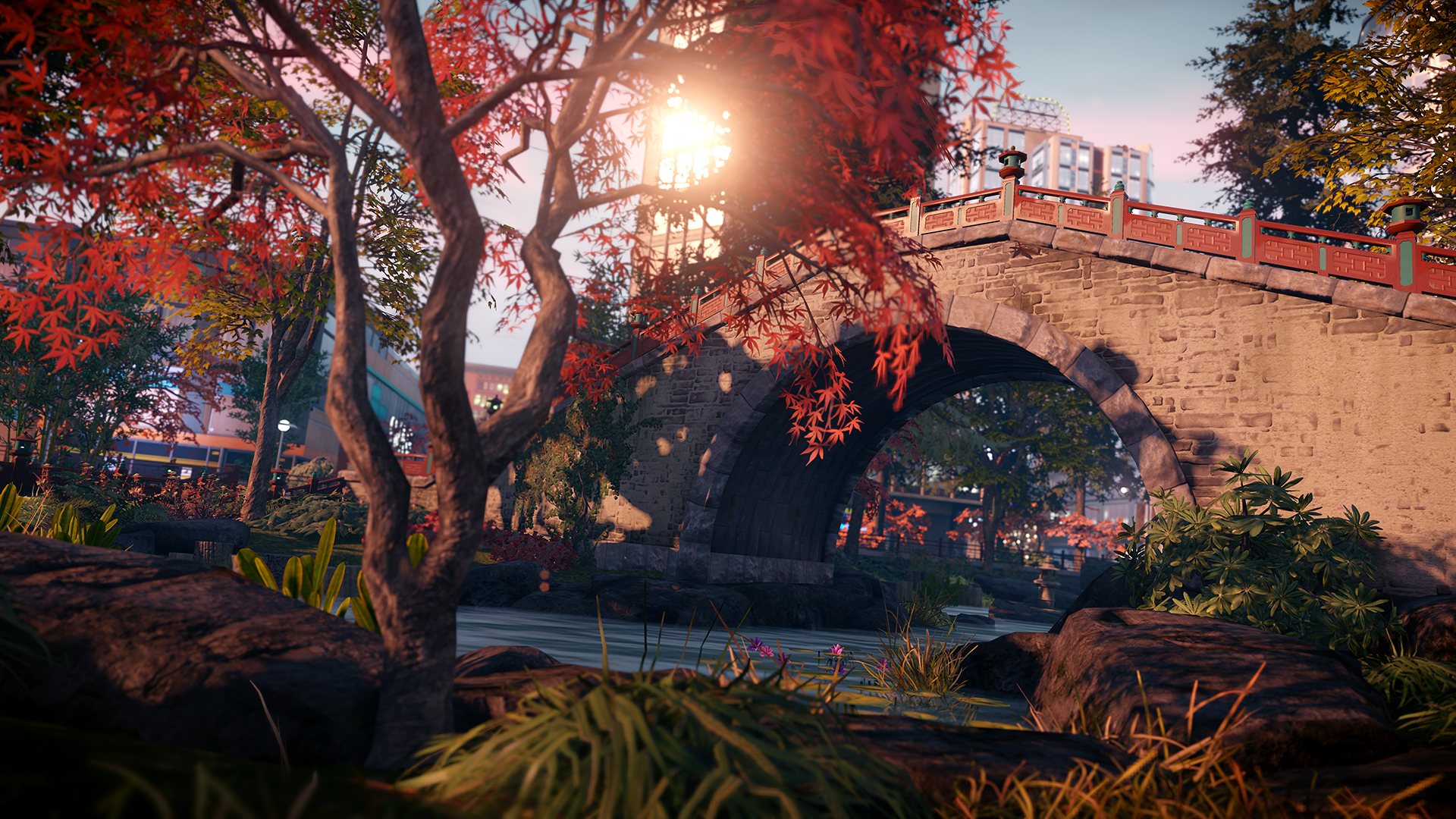 [Click image for full-size]rn
[Click image for full-size]rn -
Infamous: Second Son #2
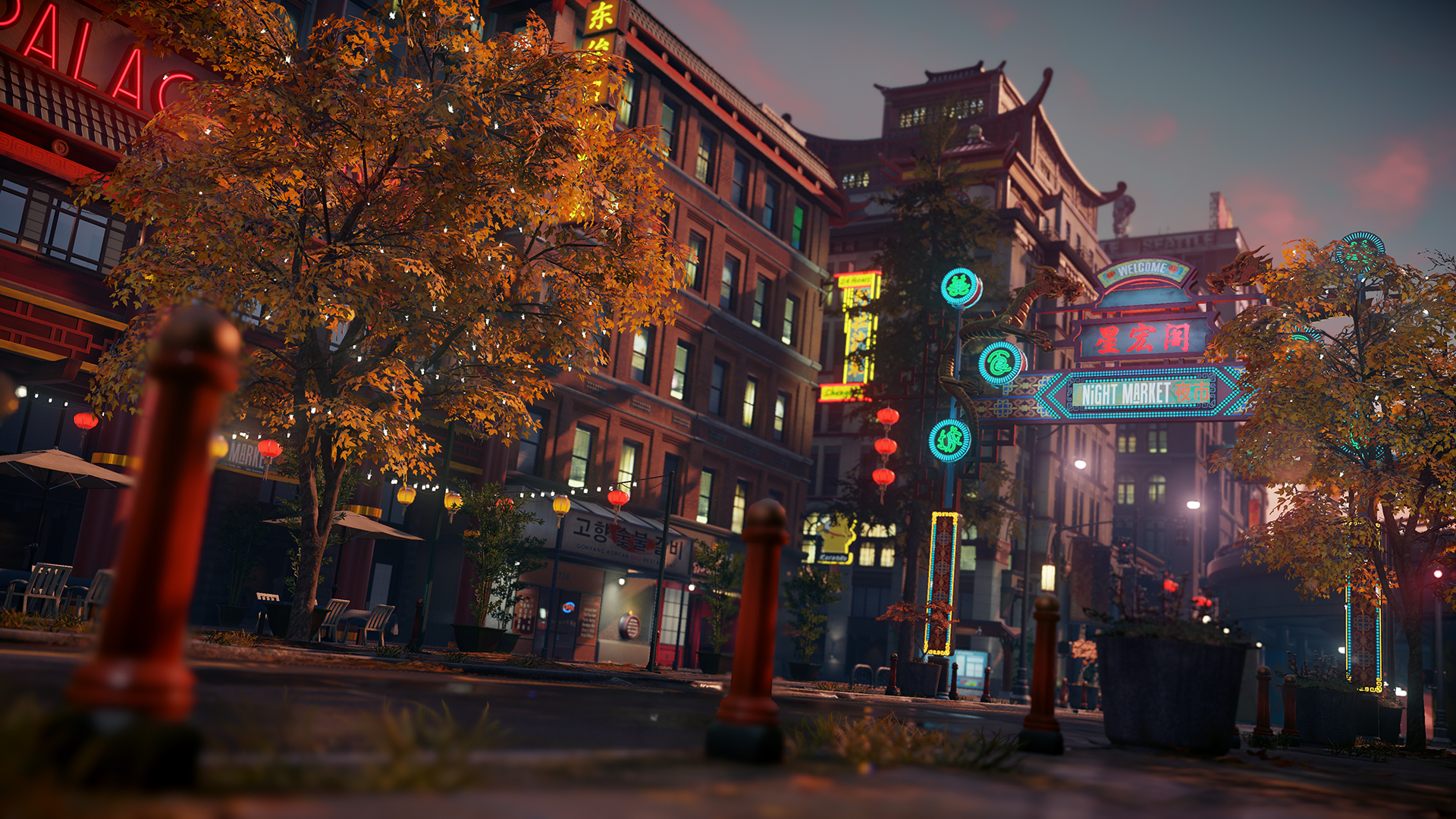 [Click image for full-size]rn
[Click image for full-size]rn -
Infamous: Second Son #3
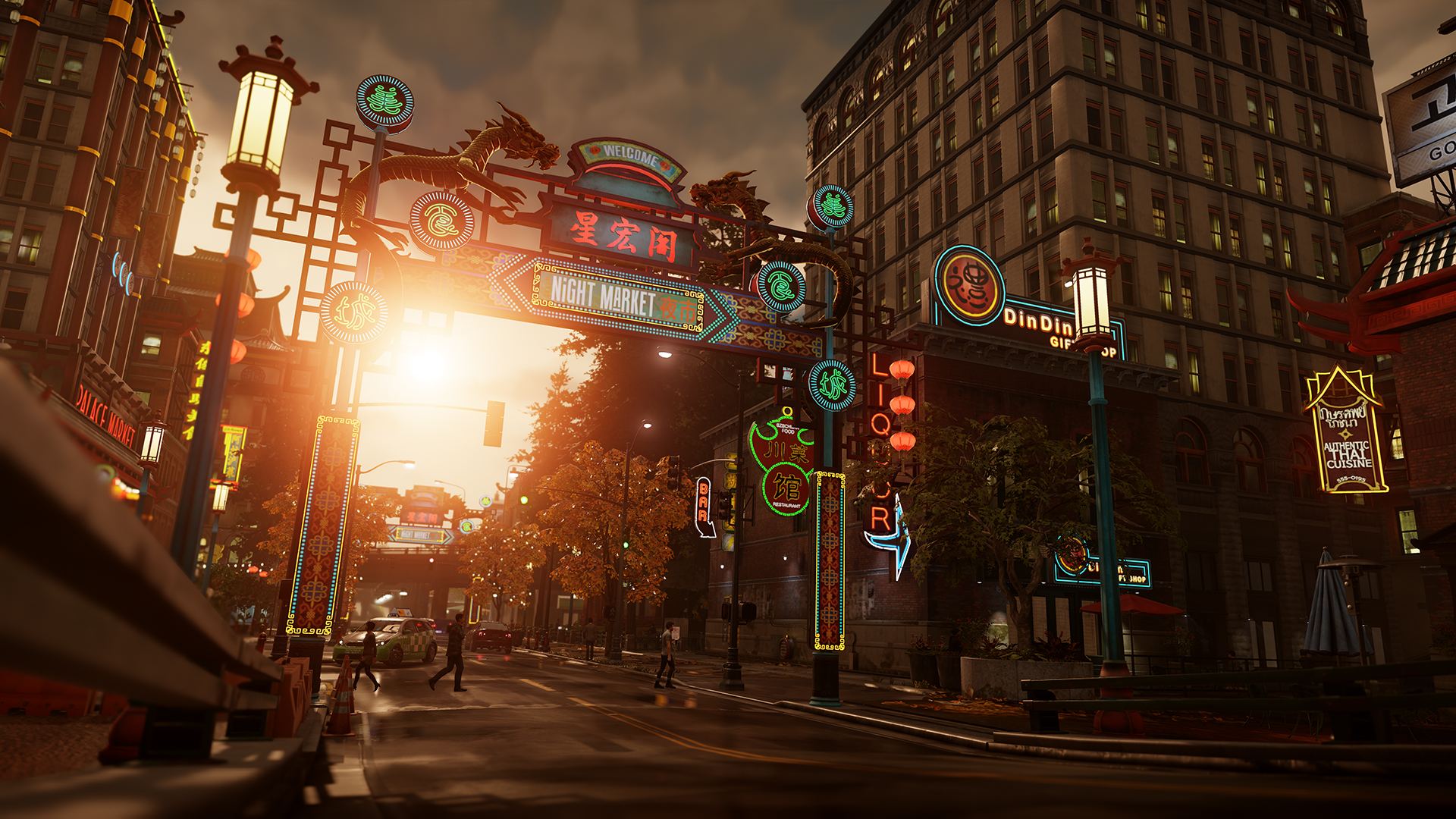 [Click image for full-size]rn
[Click image for full-size]rn -
Infamous: Second Son #4
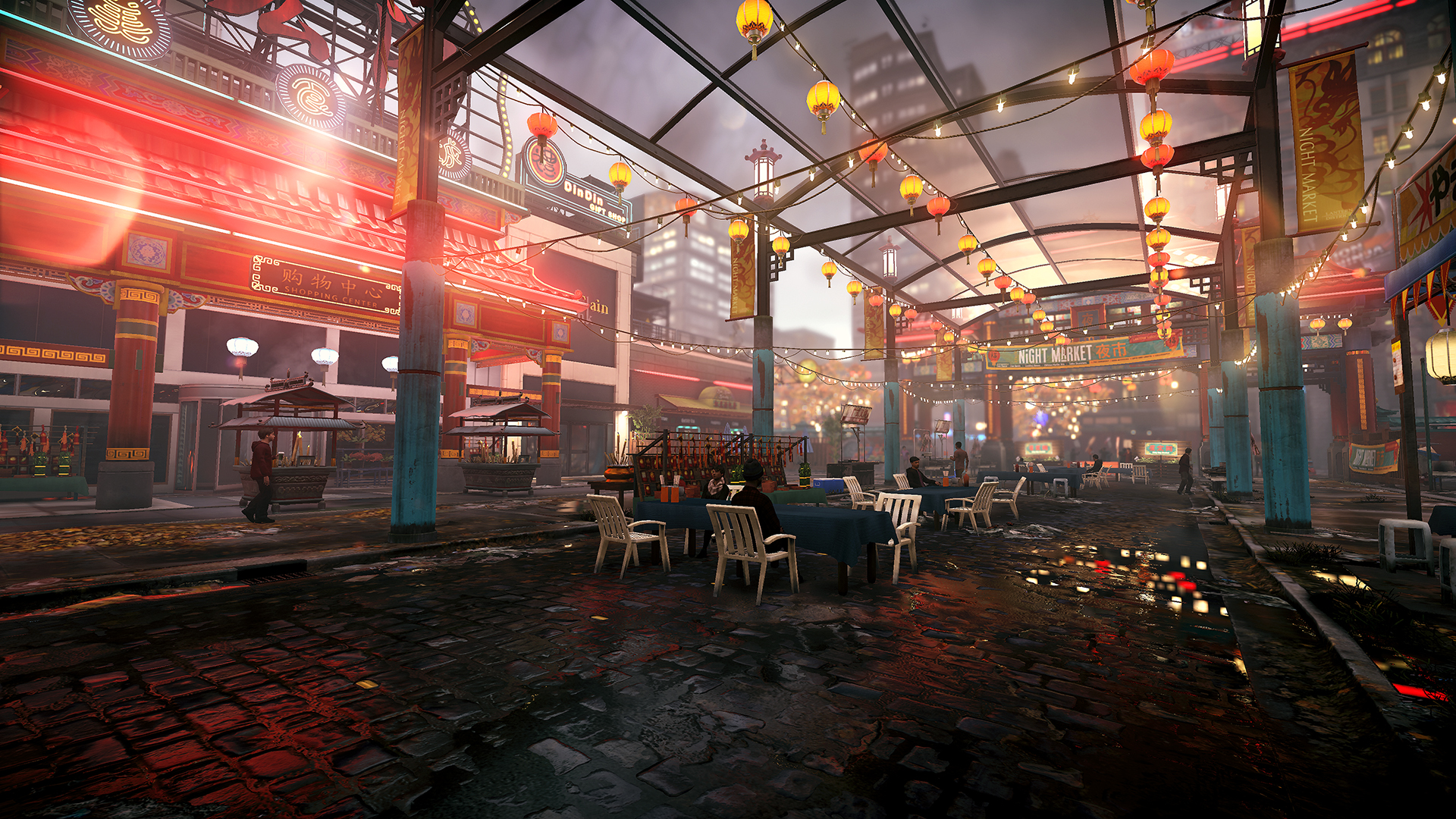 [Click image for full-size]rn
[Click image for full-size]rn -
Infamous: Second Son #5
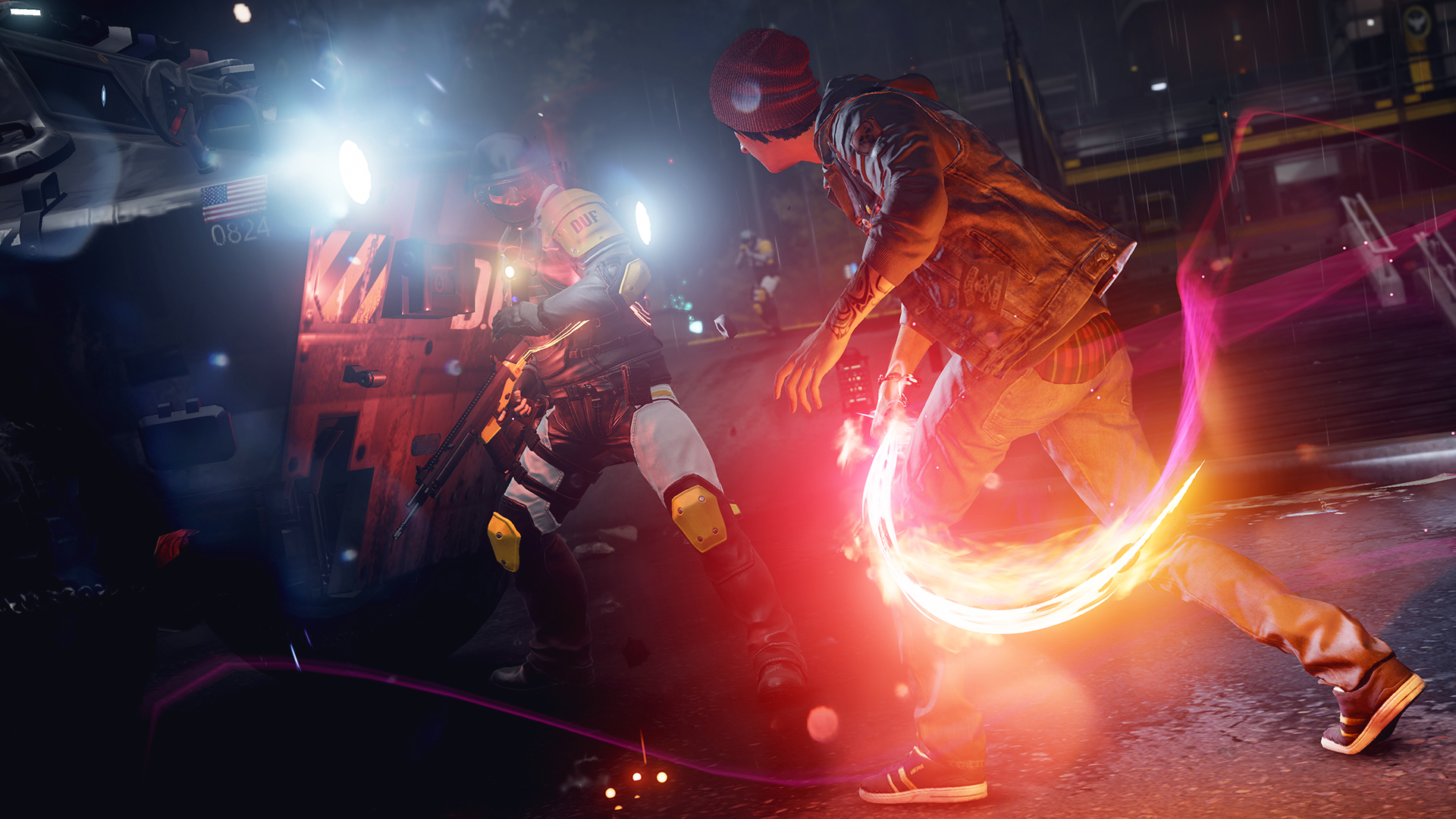 [Click image for full-size]rn
[Click image for full-size]rn -
Infamous: Second Son #6
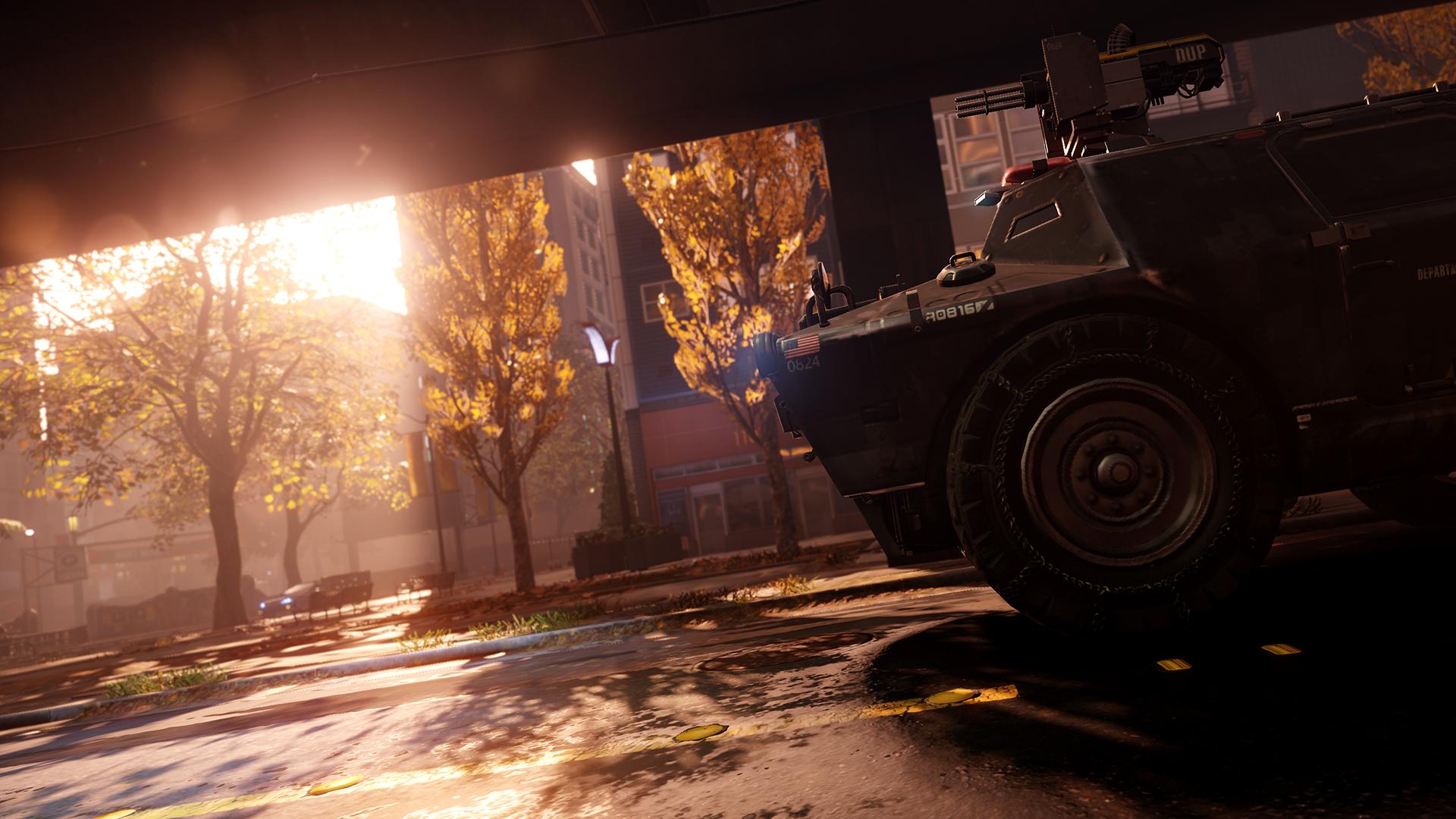 [Click image for full-size]rn
[Click image for full-size]rn -
Infamous: Second Son #7
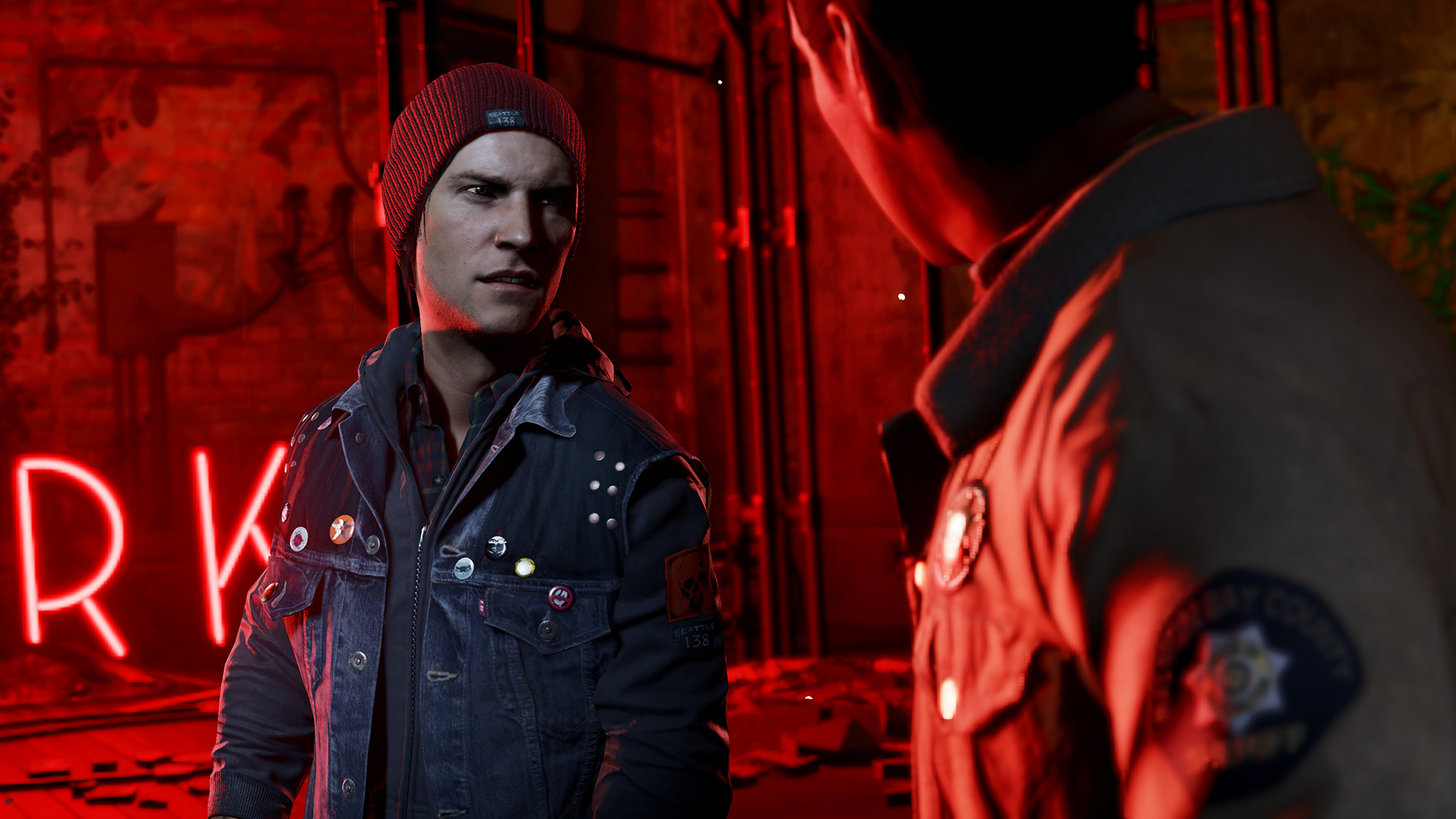 [Click image for full-size]rn
[Click image for full-size]rn -
Infamous: Second Son #8
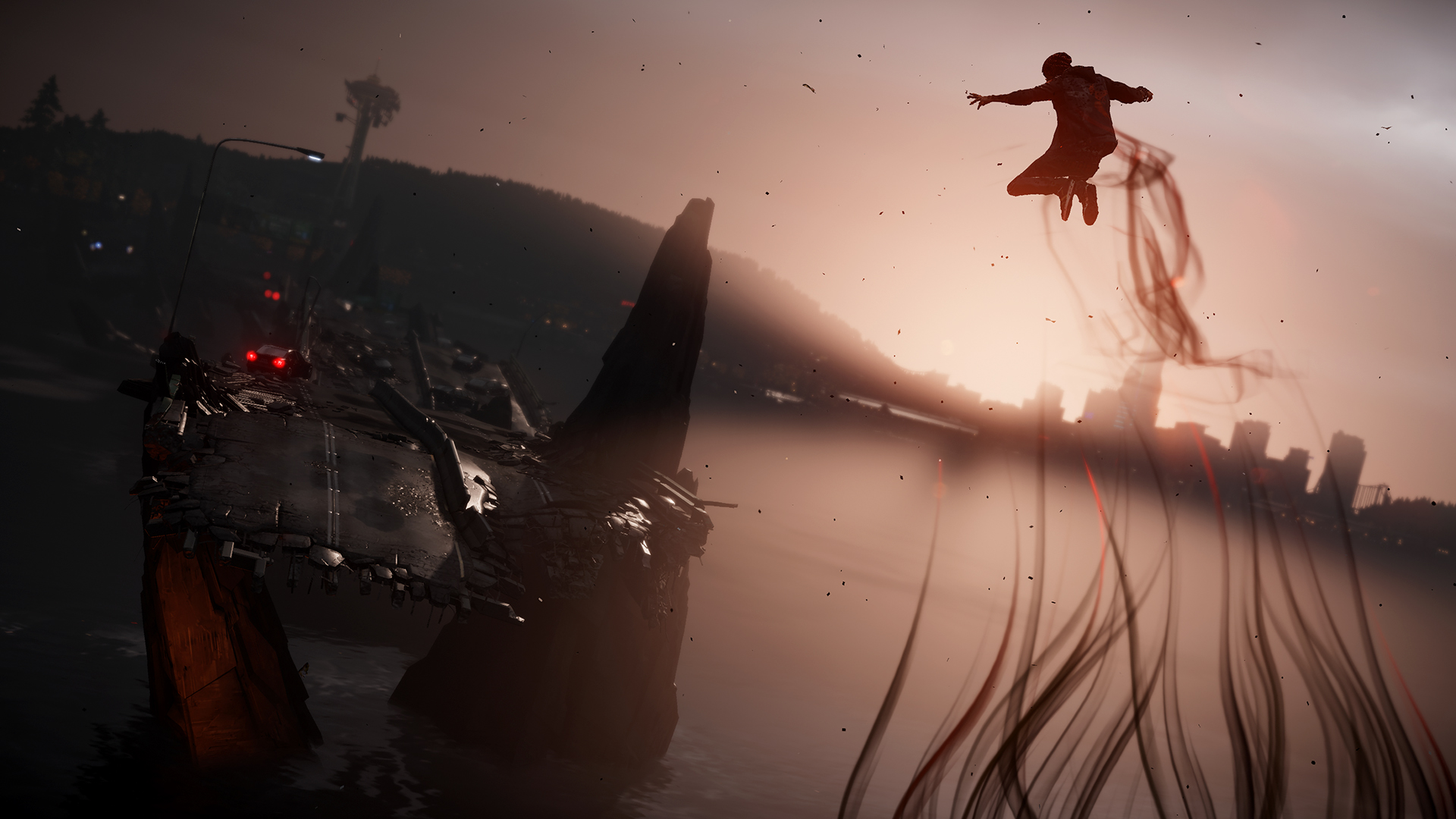 [Click image for full-size]rn
[Click image for full-size]rn -
Infamous: Second Son #9
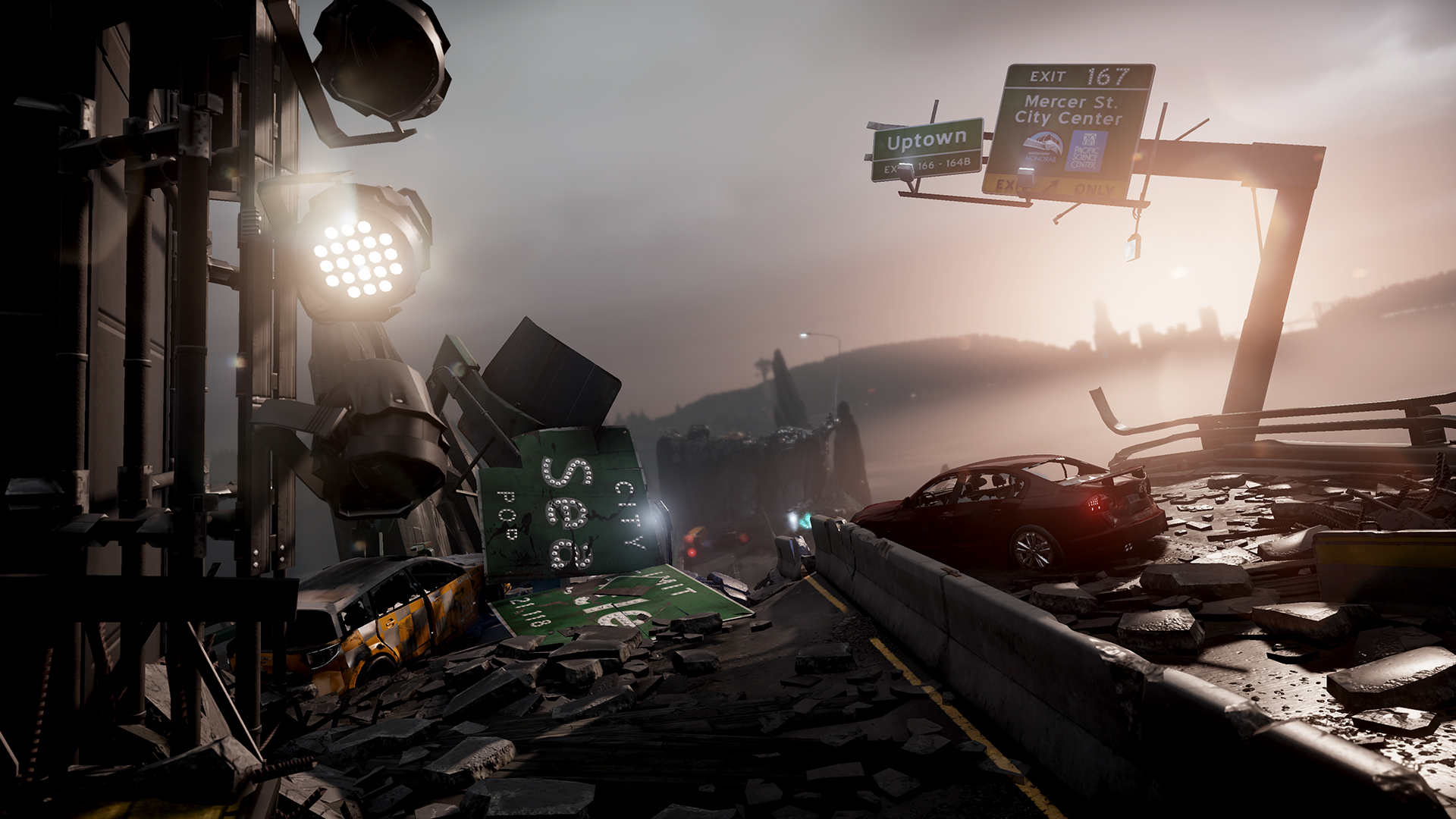 [Click image for full-size]rn
[Click image for full-size]rn -
Infamous: Second Son #10
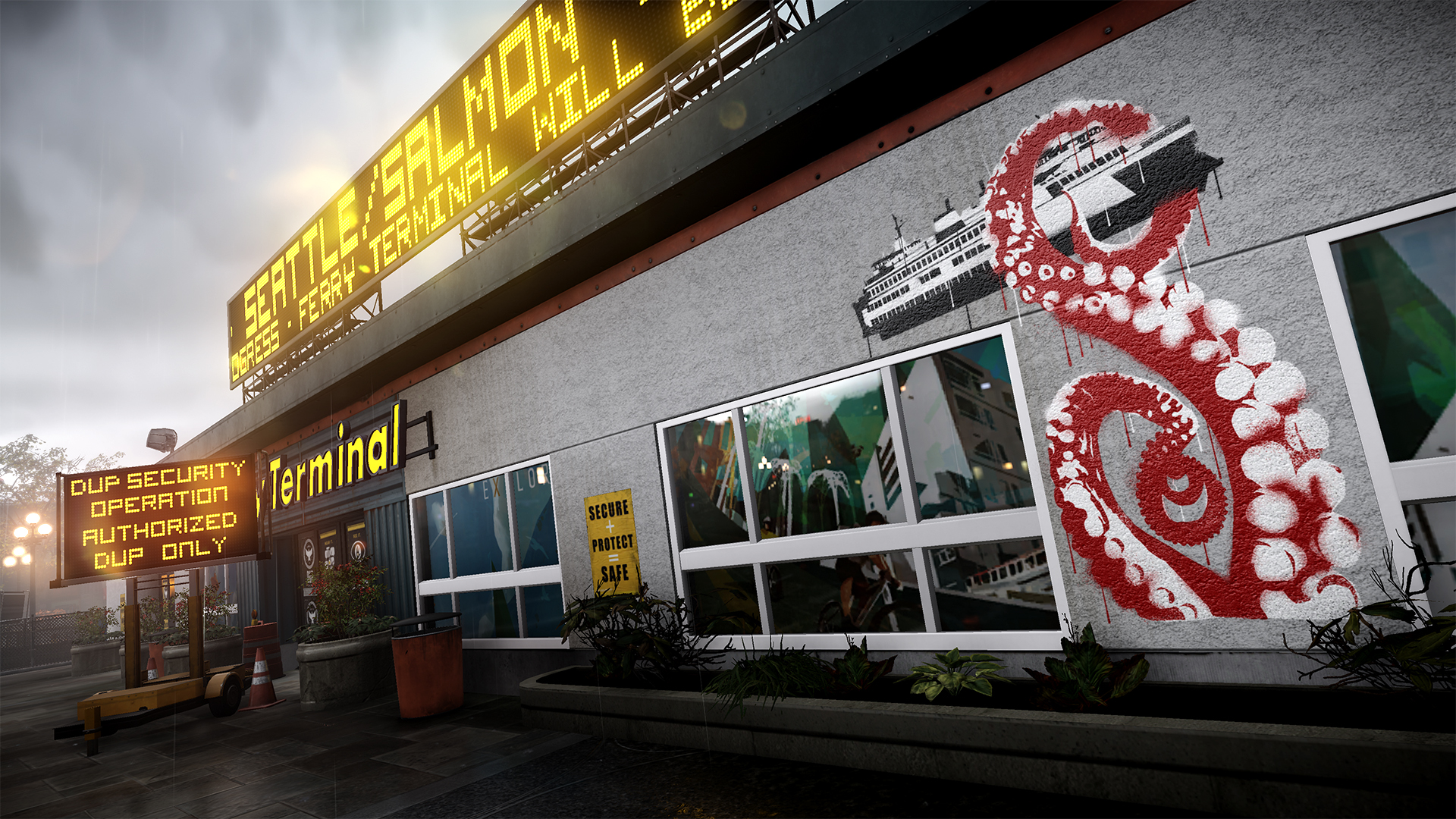 [Click image for full-size]rn
[Click image for full-size]rn -
Infamous: Second Son #11
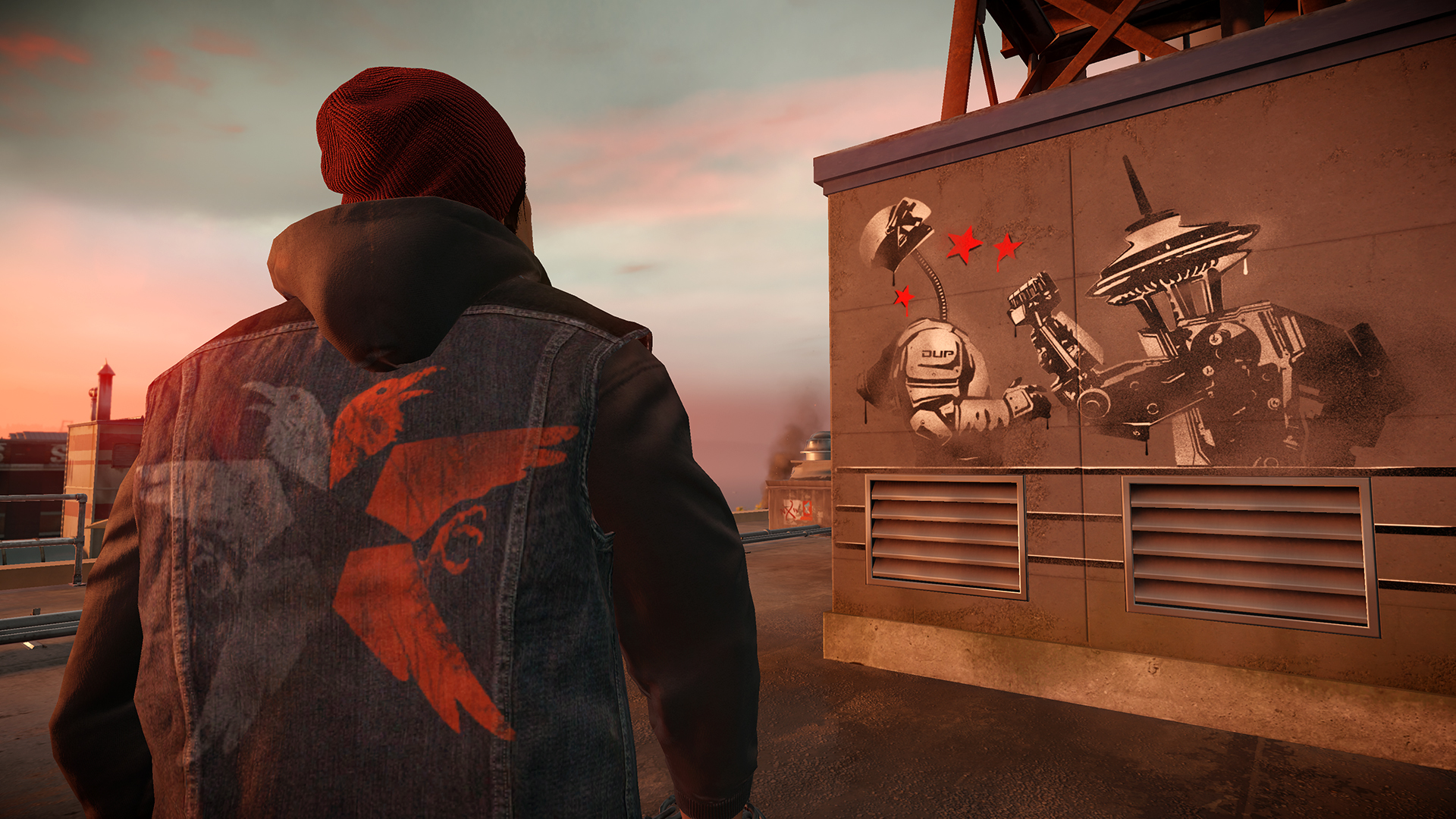 [Click image for full-size]rn
[Click image for full-size]rn







